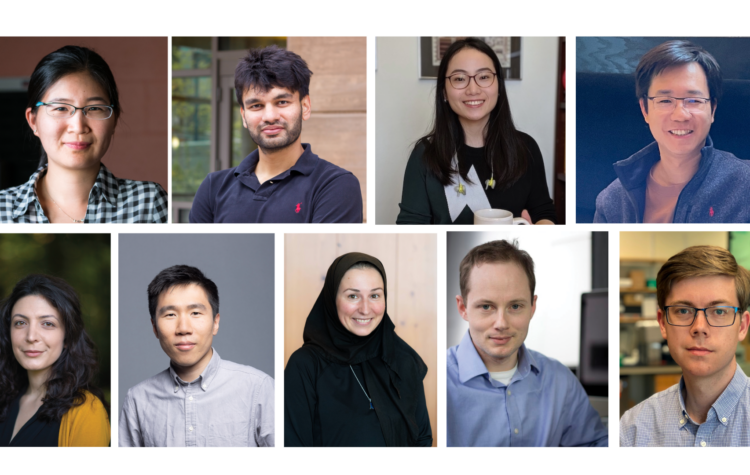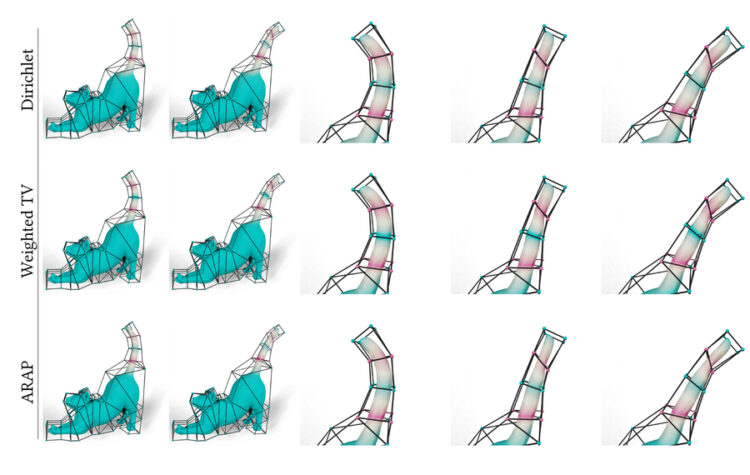
Novel method makes tools like Stable Diffusion and DALL-E-3 faster by simplifying the image-generating process to a single step while maintaining or enhancing image quality.

While working to nurture scientific talent in his native Nigeria, Assistant Professor Ericmoore Jossou is setting his sights on using materials science and computation to design robust nuclear components.
Assistant Professor Priya Donti has been named an AI2050 Early Career Fellow by Schmidt Sciences, a philanthropic initiative from Eric and Wendy Schmidt aimed at helping to solve hard problems in AI.

MIT spinout DataCebo helps companies bolster their datasets by creating synthetic data that mimic the real thing.

The Department of Electrical Engineering and Computer Science (EECS) is proud to announce multiple promotions.

The MIT senior will pursue graduate studies in technology policy at Cambridge University.

PhD students interning with the MIT-IBM Watson AI Lab look to improve natural language usage.

MIT CSAIL researchers develop advanced machine-learning models that outperform current methods in detecting pancreatic ductal adenocarcinoma.

This new method draws on 200-year-old geometric foundations to give artists control over the appearance of animated characters.

Master’s students Irene Terpstra ’23 and Rujul Gandhi ’22 use language to design new integrated circuits and make it understandable to robots.